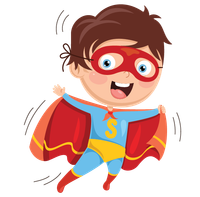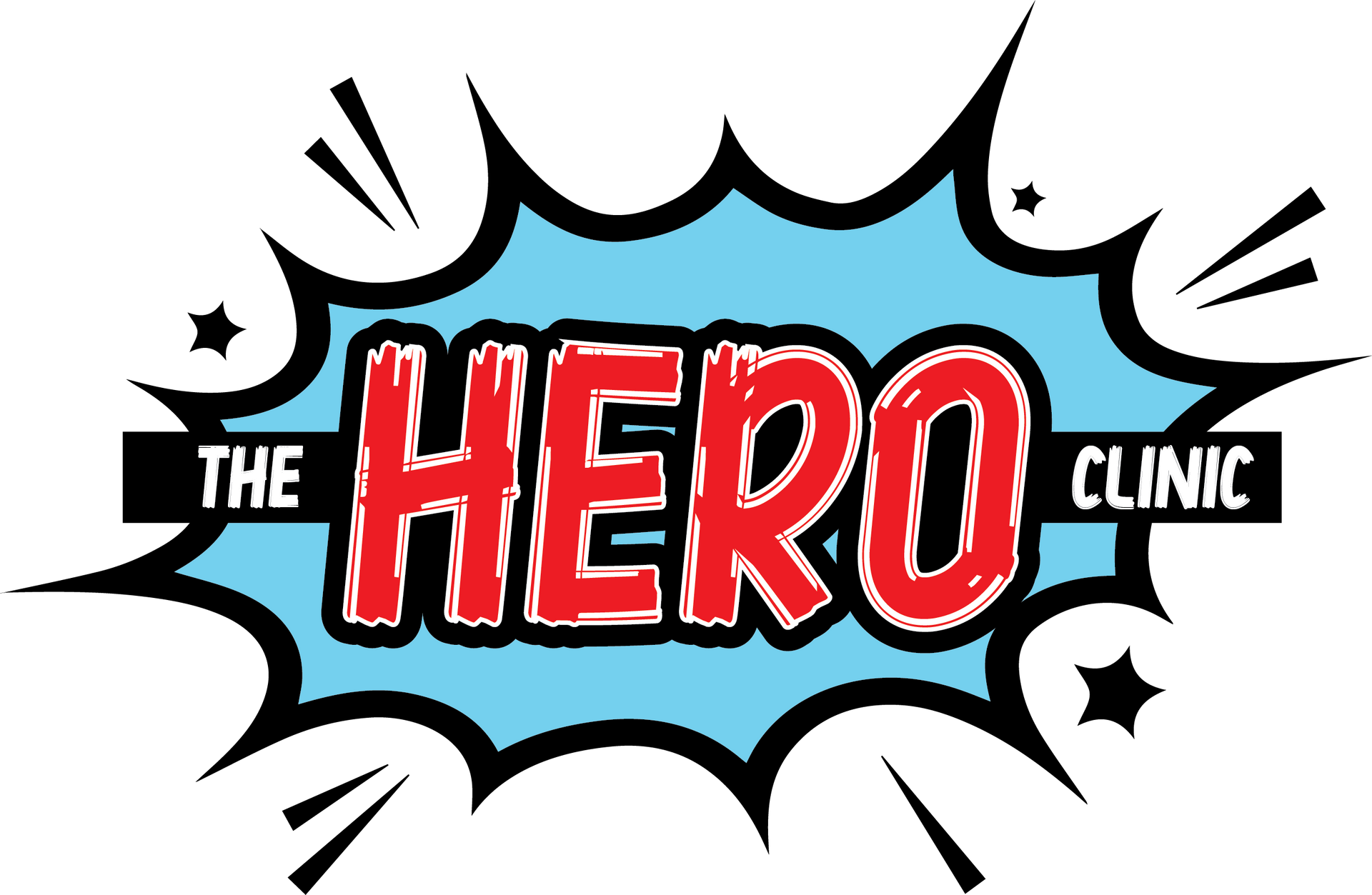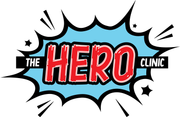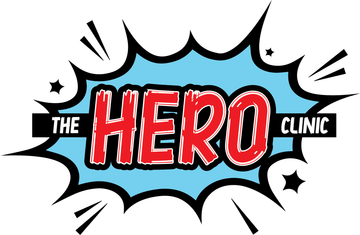The Hero Clinic
The HERO Clinic is a developmental and behavioral clinic, offering Diagnostic clarity and therapeutic interventions. We bring together an experienced team to help people find solutions and interventions.
The HERO Clinic was started by speech therapists Chris Grotewiel and Sherri Germann, owners of Central Missouri Therapy SPOT, as well as pediatrician Dr. Adam Wheeler.
The HERO Clinic believes that true heroes are forged in the fires of crisis. Children who struggle in school develop empathy toward others who struggle, and empathy is the superpower that our modern world needs most. Teens who battle anxiety and depression can develop the “combat skills” needed to succeed in a world that desperately needs truly emotionally intelligent superheroes. Toddlers who are clashing with the demands of their little world desperately need a place to develop that sees their unique personality as a gift that humanity does not yet understand.
Do not misunderstand us. Depression, failure to thrive in school, and autism are devastating, potentially catastrophic situations. The suffering that such situations create, both for the child and their families, is real and long-lasting. But at The HERO Clinic, we see these realities as an important stage of each child’s journey, a stage that can be a source of real strength for the child. We also believe that the broader community needs the strength that this child can offer. We, as a society, desperately need heroes with different points of view, more empathy, and more strength of character. And at The HERO Clinic, we see the children in crisis as the source of these needed heroes of the future.
The diagnostic process at The HERO Clinic
Step 1: Data collection includes written and in-person standardized evaluations, physical examination, and potential diagnostic tests performed by a multidisciplinary team including occupational therapy, speech therapy, pediatrician, and a provider trained in Advanced Behavioral Analysis (ABA).
Step 2: A team meeting to synthesize the data. We then attempt to match the data to the available diagnostic categories.
Step 3: Create a multi-disciplinary management plan that may include physical therapy, occupational therapy, speech therapy, medications, educational recommendations, counseling, social skills groups, and autism-specific training such as ABA and/or parenting modifications.

Also offering:
- Occupational Therapy
- Physical Therapy
- Social Skills Groups
- Counseling
- Medication Management
- Speech and Language Therapy
Affordable childhood development & behavior intervention
The health insurance system creates an incentive structure that often keeps health care providers from providing care, especially in disorders of development and behavior. For this reason, we have chosen not to participate in health insurance. Our up-front cash prices are often less than many insurance co-pays and co-insurance. Many other clinics like The Hero Clinic are in-network with traditional health insurance. Our charge for an evaluation is much less than traditional healthcare providers charge insurance companies. However, the out-of-pocket cost for any given individual may be more or less than what they would pay as a part of an insurance plan. What we offer, however, is rapid access. We can start your child’s evaluation today and complete it this week.
Want to Learn About The HERO Clinic's Pricing for Services?

School-related behavior or development concerns can be treated at The HERO Clinic
School often becomes the first big test that a child experiences. Children may have difficulties at school because of lower ability, but more often there are other factors at play. We help families manage dyslexia, ADD, behavioral issues, and a variety of similar situations.


